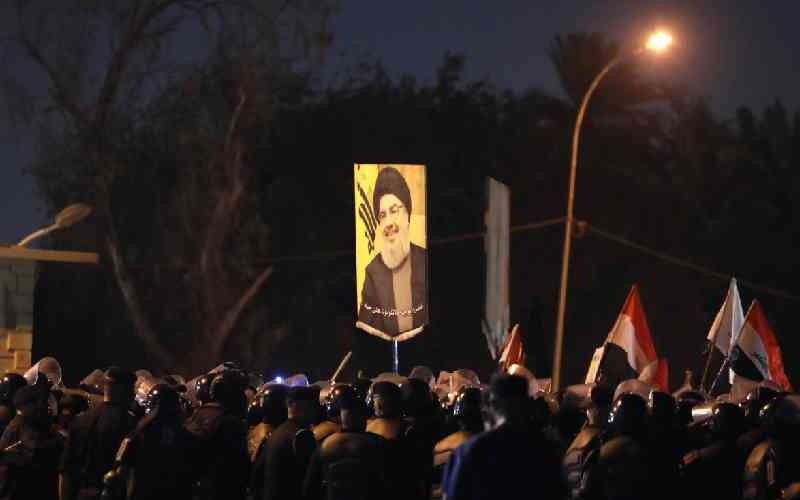×
The Standard e-Paper
Join Thousands Daily

The language of concern and restraint streaming from global foreign ministries is failing to quell the fires of conflict in the Middle East, with the death Friday of Hezbollah leader Hassan Nasrallah in an Israeli airstrike bringing the region still closer to war.
Israeli bombings in Lebanon and Hezbollah rocket launches have crescendoed even as world leaders gathered in New York for the UN General Assembly appealed for calm.